There have been a number of comments and opinions expressed on the pump price of Premium Motor Spirit (PMS) since its announced reduction from N97/litre to N87/litre on January 18, 2015. While some of these have been objective, there have been others lacking in analytical rigour and designed to mislead the public for electioneering purposes. The recent commentary by Lagos State Governor Babatunde Raji Fashola on the PMS pump price reduction and the economy clearly betrays a lack of understanding of the economics of oil and petroleum pricing.
We have resisted joining issues with the governor on a number of his recent statements which are based on inaccurate information or faulty analysis. For instance, he had criticised the federal government for contemplating an increase in the Value Added Tax (VAT) rate yet it was the governors as a body who called for such an increase when they rose from their last NEC meeting. As everyone knows, state governments benefit more from VAT since they are entitled to 85 per cent of the proceeds while the federal government only gets 15 per cent.
For the interest and benefit of all Nigerians, we have considered it necessary to respond to the issues raised in his recent article reported in some media outlets titled: PMS Pump Price Reduction and the Economy – my take away. Essentially, Governor Fashola makes two points: (i) that the recent reduction in the pump price of fuel is low when compared to the fall in the international price of crude oil and the pump price drop in some developed countries; and (ii) there seems to be an inherent contradiction between the Minister of Petroleum Resources’ announcement of achieving parity at $50/b and the Minister of Finance’s statement in her budget presentation that prices might average between $65 and $70/b in 2015.
First, it should be clearly noted that the reduction in PMS pump price was economically motivated. It had nothing to do with politics like the governor alleged. The downward adjustment in PMS pump price was in response to the declining international oil price and thus the actual Open Market Price (OMP) of petrol. The actual OMP is derived by the sum of the Landing Cost (which includes cost + freight, trader’s margin, lightering expenses, etc.) and Distribution Margins (including bridging fund, dealers’ margin, etc.). It should be further noted that the actual OMP of petrol before the plummeting of crude oil price was about N147/litre while the pump price was N97/litre implying that government provided about N50/litre as subsidy. Thus, at the first level, as oil prices began to fall, the gap between the actual OMP and pump price began to close up.
Advertisement
Clearly, there is a break-even price of crude oil at which the actual OMP equals the pump price – a point at which there would be no more need for subsidy. Governor Fashola clearly got it wrong. Compared to the UK, USA and other countries copiously cited by him, Nigeria actually dropped the price from the open market price of N147/litre to N87/litre – a reduction of 41 per cent; not 10 per cent as claimed by him. In fact, it is important to point out that the pump price of petrol in Nigeria (at N87/litre or US$0.52/litre) is lower than $0.63/litre in the US, $1.56/litre in the UK and $1.75/litre in Singapore. The much higher prices in these countries reflect the high taxes levied on the product in those jurisdictions.
Also, by his statement, “… that diesel has not enjoyed any subsidy for a long time and there is a loud silence on this product, as far as pricing policy is concerned…” it is clear that the governor has forgotten that former President Olusegun Obasanjo deregulated the diesel market.
As earlier indicated, there is a break-even price of crude oil at which the actual OMP equals the pump price. This was what the Minister for Petroleum Resources meant by “achieving parity”, and, the move to reduce the pump price of petrol was driven by the reality of current oil price that is now around the break-even point. This should not be confused with my statement in the budget presentation that “…price intelligence indicates that prices might average between $65 and $70pb in 2015” as forecast by a number of analysts which speaks of projected average price for 2015. This is a clear case of Governor Fashola comparing apples with oranges! Thus, there are no “inherent contradictions within the same government” as claimed by the governor.
Advertisement
With respect to Governor Fashola citing Dr. Jim O’Neill personal comment about the Nigerian economy, he may wish to know that numerous international analysts including O’Neill himself continue to give Nigeria the thumbs-up for its positive management of the economy especially in these difficult times.
We really plead with Governor Fashola as well as other high-level policy makers and commentators on the economy to base their comments on well-researched facts, and not sacrifice truth on the altar of scoring political points.
Dr Okonjo-Iweala is the coordinating minister for the economy and minister of finance
Advertisement
2 comments
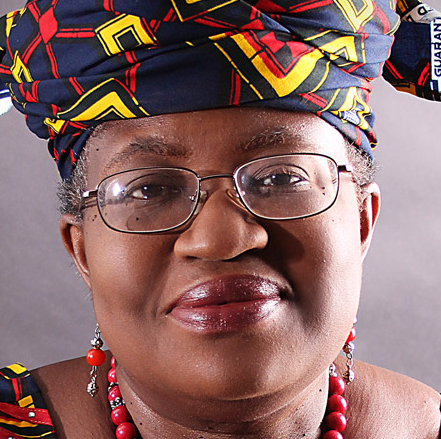
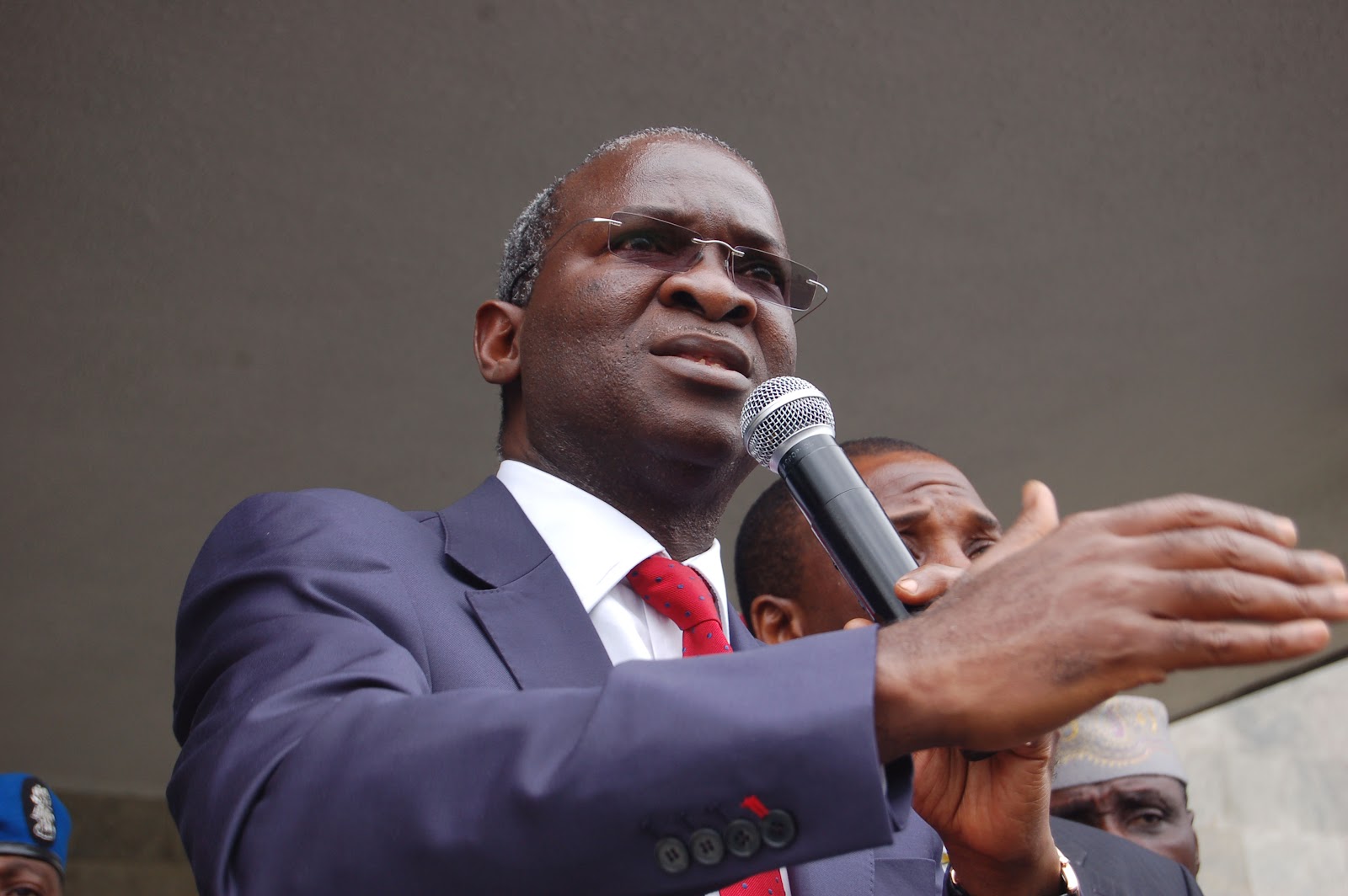
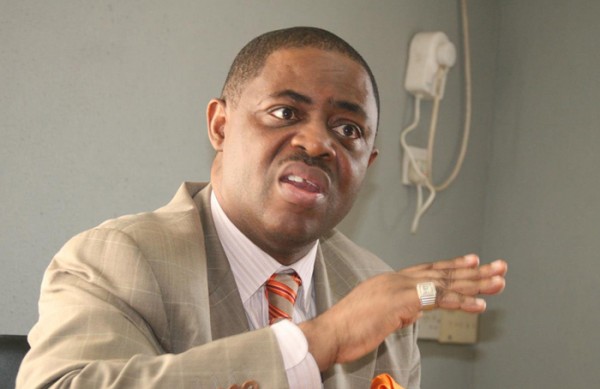

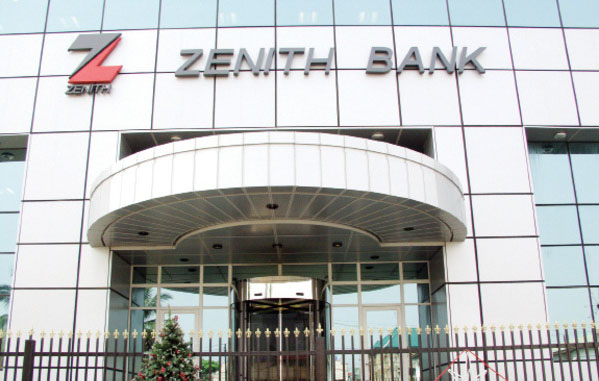
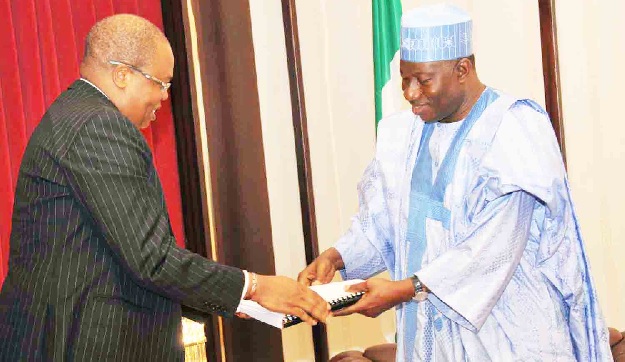
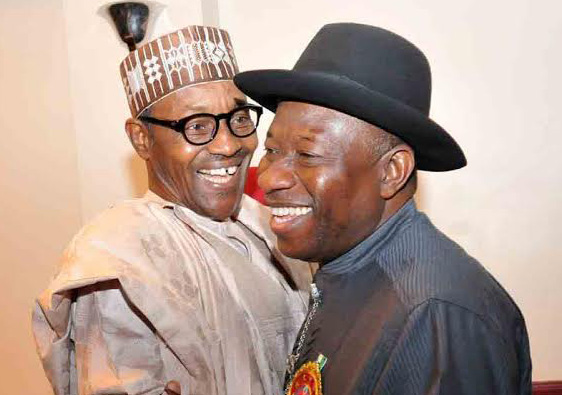
Oknojo-Iweala is also comparing apples and oranges by citing the price per litre in UK and Nigeria. She should not have mentioned price paid in the UK without also mentioning that about 90% of the price paid in UK is excise duty. She should have mentioned the percentage of the prices paid in those countries higher than Nigeria that are taxes which made those prices higher than Nigeria.
Also, uk et al have functional alternative transport system, better wages etc. Okonjo has got it wrong once again. Her problem? Shamelessness and outright corruption.